Home>diy>Building & Construction>What Is An RFQ In Construction


Building & Construction
What Is An RFQ In Construction
Modified: December 7, 2023
Learn about RFQs in construction and how they streamline the building-construction process. Gain insights into the key elements and benefits of requesting quotes for your next project.
(Many of the links in this article redirect to a specific reviewed product. Your purchase of these products through affiliate links helps to generate commission for Storables.com, at no extra cost. Learn more)
Introduction
Welcome to the world of construction! Building a structure, whether it’s a residential house, a commercial building, or an infrastructure project, requires careful planning and execution. One essential aspect of construction projects is the procurement process, which involves sourcing and acquiring the necessary materials, equipment, and services to bring the project to fruition.
In the procurement process, there are various methods and documents used to invite suppliers and contractors to provide their products or services. One such document is the Request for Quotation (RFQ). In the construction industry, an RFQ holds great significance and plays a vital role in ensuring the success of a project.
In this article, we will delve into the intricacies of RFQs in construction, exploring their definition, purpose, components, and the benefits they bring to construction projects. We will also discuss some best practices for using RFQs effectively. So, let’s get started and unravel the mystery of RFQs in construction!
Key Takeaways:
- RFQs in construction streamline procurement, ensure transparency, and obtain competitive pricing, ultimately leading to better value for money, quality assurance, and successful project outcomes.
- Best practices for using RFQs include defining project requirements, conducting market research, creating detailed RFQ documents, establishing clear evaluation criteria, and maintaining effective communication, all essential for leveraging RFQ effectively in construction projects.
Read more: What Is Construction
Definition of RFQ in Construction
In the construction industry, an RFQ, or Request for Quotation, is a document that is used to solicit price quotes from potential suppliers and contractors for specific goods, materials, or services required for a construction project. It is a formal invitation sent to interested parties to submit their pricing and other relevant information, allowing the project owner or procurement team to evaluate and compare different offers.
The RFQ serves as a preliminary step in the procurement process, helping project owners gather information about potential vendors and make informed decisions about which suppliers or contractors to engage. It provides a standardized format for requesting pricing details and enables fair competition among various suppliers, ultimately leading to better pricing and value for the project.
Typically, an RFQ outlines the scope of work or the specific requirements for the goods or services needed. It includes detailed specifications, quantities, delivery schedules, and any other pertinent information that suppliers need to provide an accurate quote. The RFQ may also include evaluation criteria that will be used to assess and compare the received quotes.
It is important to note that an RFQ is different from a Request for Proposal (RFP). While an RFQ mainly focuses on pricing and specific goods or services, an RFP is more comprehensive and may involve detailed project scope, technical requirements, and proposed solutions. An RFQ is generally used when the project owner has a clear understanding of what they need and seeks competitive quotes, while an RFP is employed when the owner seeks innovative ideas and solutions from potential vendors.
By using an RFQ in the construction industry, project owners can streamline the procurement process, ensure transparency, and obtain competitive pricing. It provides a structured approach to sourcing and selecting suppliers, helping to mitigate risks and make informed decisions based on the received quotations.
Purpose of RFQ in Construction
The RFQ plays a crucial role in the construction industry and serves several purposes that contribute to the success of a construction project. Let’s explore some of the key purposes of an RFQ:
- Obtaining Competitive Bids: The primary purpose of an RFQ is to solicit competitive bids from suppliers and contractors. By inviting multiple vendors to provide quotes, project owners can compare prices, terms, and conditions to ensure they receive the best value for their investment.
- Ensuring Compliance: An RFQ helps ensure that potential suppliers or contractors meet the necessary regulations, standards, and qualifications required for the project. Through the RFQ process, project owners can assess the capabilities and certifications of different vendors and select those who comply with the specified requirements.
- Evaluating Supplier Capabilities: An RFQ allows project owners to evaluate the capabilities, experience, and resources of potential suppliers. It provides an opportunity to assess the vendor’s track record, references, and previous work, ensuring they have the expertise and capacity to deliver the required goods or services.
- Facilitating Budgeting and Cost Control: The RFQ process enables project owners to collect detailed pricing information from different suppliers. This helps in budgeting and cost control, allowing owners to estimate and plan project expenses more accurately. It also provides an opportunity to negotiate prices and terms with suppliers, optimizing cost-efficiency.
- Managing Risks: By inviting multiple vendors to participate in an RFQ, project owners can diversify their risks and minimize dependence on a single supplier. This helps safeguard the project against potential supplier issues, such as delays, quality concerns, or financial instability. It ensures continuity of the project by establishing backup options and alternative suppliers.
In summary, the purpose of an RFQ in construction is to source competitive bids, evaluate vendor capabilities, comply with regulations, manage costs, and mitigate risks. It provides project owners with valuable information and options, enabling them to make informed decisions and select the most suitable suppliers for their construction projects.
Process of Creating an RFQ in Construction
The process of creating an RFQ in construction involves several crucial steps to ensure a well-structured and effective document. Let’s explore the key stages of creating an RFQ:
- Defining Project Requirements: The first step in creating an RFQ is to clearly define the project requirements. This includes determining the scope of work, identifying the specific goods or services needed, and establishing the desired quality standards, quantities, and delivery timelines.
- Gathering Technical Specifications: Once the project requirements are defined, the next step is to gather the technical specifications. This involves creating a detailed document that outlines the technical aspects of the goods or services, including materials, dimensions, performance criteria, and any other relevant technical information.
- Identifying Potential Suppliers: After gathering the technical specifications, it is important to identify potential suppliers who can meet the project requirements. This may involve conducting market research, seeking recommendations from industry peers, and leveraging existing supplier networks or databases.
- Preparing the RFQ Document: With the project requirements and potential suppliers in place, it’s time to prepare the RFQ document. The RFQ should be well-structured and clearly communicate the project details, technical specifications, delivery requirements, evaluation criteria, and any other pertinent information. It is important to maintain consistency and accuracy throughout the document.
- Sending the RFQ: Once the RFQ document is ready, it is sent to the identified potential suppliers. This can be done through email, postal mail, or through electronic procurement platforms. It is crucial to provide a clear timeline and instructions for suppliers to submit their quotes.
- Receiving and Evaluating Quotes: As the quotes start coming in, it is essential to establish a systematic process for receiving and evaluating them. This may involve setting up a cross-functional evaluation team, developing evaluation criteria, and reviewing each quote in accordance with the established requirements.
- Negotiating and Awarding Contracts: After evaluating the quotes, the project owner or procurement team may engage in negotiations with the shortlisted suppliers to finalize the terms, prices, and conditions. Once the negotiation process is complete, the contracts are awarded to the chosen suppliers.
- Documenting and Maintaining Records: Throughout the RFQ process, it is important to document all communication, notes, evaluation results, and contract details. This helps maintain transparency, serves as a reference for future projects, and facilitates audits or disputes resolution if needed.
The process of creating an RFQ in construction requires careful planning, attention to detail, and effective communication with suppliers. By following a structured approach and adhering to best practices, project owners can create an RFQ that attracts competitive bids, facilitates supplier selection, and sets the stage for a successful construction project.
Components of an RFQ in Construction
An RFQ (Request for Quotation) in the construction industry typically consists of several key components that provide detailed information and instructions to potential suppliers. These components ensure clarity, accuracy, and a standardized format for receiving and evaluating quotes. Let’s explore the essential components of an RFQ:
- Project Background: The RFQ begins with a brief introduction and overview of the construction project. This includes providing information about the project owner, the purpose of the project, and any relevant background details that may help suppliers better understand the requirements.
- Scope of Work: This component outlines the specific goods, materials, or services that are being requested. It includes a detailed description of the required work, including specifications, quantities, performance standards, and any specific technical or regulatory requirements that need to be met.
- Delivery or Performance Schedule: The RFQ should clearly state the expected delivery or performance schedule for the goods or services. It includes important deadlines, milestones, and any specific timeframes that suppliers need to adhere to when providing their quotes.
- Technical Specifications: This component provides detailed technical information about the desired goods or services. It includes information such as materials, dimensions, performance criteria, tolerance levels, quality standards, and any other specific requirements that suppliers should consider when preparing their quotes.
- Evaluation Criteria: The RFQ should clearly define the evaluation criteria that will be used to assess and compare the received quotes. These criteria can include factors such as price, quality, past performance, experience, financial stability, compliance with regulations, and any other factors deemed important for selecting the most suitable supplier.
- Submission Instructions: It is important to provide clear instructions to potential suppliers on how they should submit their quotes. This includes details such as the format (electronic or hard copy), deadline for submission, required documentation, contact person, and any specific instructions or forms that need to be completed.
- Terms and Conditions: The RFQ should include the terms and conditions that will govern the procurement process and subsequent contract. This can include payment terms, warranties, intellectual property rights, dispute resolution mechanisms, and any other legal or commercial terms that are relevant to the project and need to be communicated to potential suppliers.
By including these components in an RFQ, project owners can provide comprehensive and clear information to potential suppliers, ensuring a standardized format for receiving and evaluating quotes. This allows for a fair and efficient procurement process and facilitates the selection of the most suitable suppliers for the construction project.
When submitting an RFQ in construction, be sure to clearly outline the scope of work, project requirements, and any specific qualifications or certifications needed from potential vendors. This will help ensure that you receive accurate and competitive quotes.
Read more: What Is Drainage In Construction
Importance of RFQ in Construction Projects
The Request for Quotation (RFQ) holds significant importance in construction projects and plays a crucial role in ensuring their success. Let’s explore the key reasons why RFQs are important in construction:
- Structured Procurement Process: The RFQ provides a structured and standardized approach to the procurement process in construction projects. It helps project owners define their requirements, gather competitive bids, and select the most suitable suppliers based on objective evaluation criteria. This ensures fairness, transparency, and accountability in the procurement process.
- Better Pricing and Value: By inviting multiple suppliers to provide quotes, an RFQ promotes competition and encourages suppliers to offer their best pricing and terms. This allows project owners to compare offers and negotiate favorable terms, ultimately leading to better pricing and value for the project. It ensures that project owners receive the most cost-effective solutions without compromising on quality.
- Quality Assurance: The RFQ process enables project owners to assess the capabilities and track record of potential suppliers. By specifying detailed technical requirements, project owners ensure that suppliers possess the necessary expertise, experience, and resources to meet those requirements. This helps in maintaining quality standards and minimizes the risk of defects or performance issues during the construction phase.
- Risk Mitigation: With an RFQ, project owners can diversify their risks by engaging multiple suppliers. This reduces dependency on a single supplier and ensures continuity of the project in case one supplier is unable to deliver. It also allows project owners to assess suppliers’ financial stability and reputation, mitigating the risk of delays or disruptions due to supplier-related issues.
- Improved Time Management: The RFQ process helps project owners manage their time more efficiently. By setting specific deadlines for suppliers to submit their quotes, project owners can establish a timeline for the procurement process. This ensures that the project progresses on schedule and minimizes delays in the sourcing and acquisition of goods or services.
- Legal and Contractual Compliance: An RFQ provides an opportunity for project owners to ensure that potential suppliers comply with legal and contractual requirements. By including terms and conditions in the RFQ, project owners can communicate their expectations, contractual obligations, and any specific regulations or standards that suppliers need to adhere to. This helps in avoiding legal disputes and ensures adherence to ethical and regulatory guidelines.
Overall, the RFQ is paramount in construction projects as it ensures a fair and competitive procurement process, facilitates the selection of the most suitable suppliers, promotes value for money, quality assurance, risk mitigation, and compliance with legal and contractual obligations. It serves as a pivotal tool for project owners to achieve the desired outcomes and ensure the successful execution of construction projects.
Benefits and Advantages of Using RFQ in Construction
Using the Request for Quotation (RFQ) in construction projects offers several benefits and advantages that contribute to the overall success of the procurement process and the project as a whole. Let’s explore some of the key benefits of using RFQ in construction:
- Competitive Bidding: The RFQ allows project owners to invite multiple suppliers to submit their quotes, fostering healthy competition among suppliers. This competition encourages suppliers to provide their most competitive pricing and terms, resulting in better pricing for the project and enhanced value for money.
- Standardized Evaluation: With an RFQ, project owners can establish evaluation criteria and a standardized framework for comparing and assessing quotes. This ensures a fair and objective evaluation process, allowing for a more informed selection of suppliers based on predetermined criteria such as price, quality, experience, and compliance.
- Better Value for Money: By inviting multiple vendors to submit their quotes, project owners have the opportunity to compare different offers. This allows for better negotiation and selection of suppliers who can offer the best value for money, providing high-quality goods or services at competitive prices.
- Quality Assurance: The RFQ enables project owners to communicate their specific technical and quality requirements to potential suppliers. This ensures that suppliers understand and adhere to these requirements, promoting quality assurance. The RFQ also allows project owners to evaluate suppliers based on their previous experience, capabilities, and track record, further enhancing the assurance of quality.
- Efficient Procurement Process: By using RFQs, project owners can streamline the procurement process, reducing the time and effort required to source and select suppliers. The RFQ provides a structured approach, clearly defining requirements and instructions for suppliers, enabling a more efficient and time-sensitive process.
- Risk Mitigation: With an RFQ, project owners have the opportunity to evaluate potential suppliers based on their financial stability, reputation, and performance history. This helps mitigate risks by selecting suppliers who have a proven track record and are less likely to cause delays or disruptions to the project.
- Increased Transparency and Accountability: A well-defined RFQ document promotes transparency and accountability in the procurement process. By clearly outlining requirements, evaluation criteria, and procedures, project owners can ensure transparency and a fair selection process, enhancing trust and confidence among suppliers.
By leveraging the benefits and advantages of using RFQ in construction projects, project owners can make more informed decisions, achieve better value for money, ensure quality assurance, mitigate risks, and streamline the procurement process. The RFQ serves as a valuable tool in the construction industry, contributing to the overall success and efficiency of construction projects.
Challenges and Limitations of RFQ in Construction
While the Request for Quotation (RFQ) is a valuable tool in the construction industry, it is important to acknowledge and address the challenges and limitations that can arise when using RFQs. Let’s explore some of the key challenges and limitations of RFQ in construction:
- Incomplete Understanding of Project Requirements: One challenge is that the project owner may not have a complete understanding of the project requirements at the time of creating the RFQ. This can lead to ambiguous or incomplete specifications, which may result in suppliers providing inaccurate or incomplete quotes.
- Limited Supplier Pool: Depending on the scope and complexity of the project, there may be a limited pool of qualified suppliers available. This can lead to a smaller number of responses to the RFQ, limiting competition and potentially affecting the overall quality and pricing of the quotes received.
- Difficulty in Evaluating Non-Price Factors: While price is an important factor in evaluating quotes, there are other non-price factors, such as quality, experience, and track record, that also need to be considered. Evaluating and comparing these non-price factors can be subjective and challenging, requiring a robust evaluation process and well-defined evaluation criteria.
- Time Constraints: In time-sensitive projects, the RFQ process may take longer than anticipated, especially when dealing with multiple suppliers and evaluating their quotes. This time constraint can impact project timelines and lead to delays in the procurement process.
- Dependency on Supplier Accuracy: The accuracy and completeness of quotes depend on the information provided by the suppliers. In some cases, suppliers may not fully understand the requirements or may inadvertently omit important details, which can lead to discrepancies in the quotes received.
- Compatibility and Integration Challenges: Projects often involve multiple suppliers providing different goods or services. Coordinating and integrating their work can be challenging, especially if suppliers have different timelines, technologies, or systems. The RFQ process may not fully address these compatibility and integration challenges.
- Price-Focused Decision Making: While price is an important factor, making a decision solely based on the lowest price quote may not always yield the best value or quality. It is essential to strike a balance between price and other factors to ensure the selection of the most suitable supplier.
Despite these challenges and limitations, the RFQ remains a valuable tool in procurement. To mitigate these challenges, project owners can invest in thorough project planning, ensure clear and complete specifications, conduct comprehensive market research, establish robust evaluation criteria, allow sufficient time for the RFQ process, and provide proper documentation and communication to suppliers. By addressing these challenges, project owners can maximize the potential benefits of using RFQ in construction projects.
Best Practices for Using RFQ in Construction
To maximize the effectiveness of Request for Quotation (RFQ) in construction projects, it is essential to follow best practices throughout the procurement process. These best practices help ensure a smooth and successful RFQ process, leading to better outcomes and value for the project. Let’s explore some of the key best practices for using RFQ in construction:
- Thoroughly Define Project Requirements: Prior to creating an RFQ, take the time to clearly define and document the project requirements. This includes detailed information about the goods or services needed, technical specifications, quantity, quality standards, and delivery schedules. A comprehensive understanding of project requirements will help suppliers provide accurate and meaningful quotes.
- Conduct Market Research: Before sending out the RFQ, conduct thorough market research to identify potential suppliers. This includes evaluating their capabilities, experience, reputation, and financial stability. By conducting market research, project owners can ensure that they engage suppliers who are qualified and capable of delivering the required goods or services.
- Create a Clear and Detailed RFQ Document: Develop an RFQ document that is clear, concise, and comprehensive. Clearly state the project background, scope of work, technical specifications, evaluation criteria, submission instructions, terms and conditions, and any other relevant information. A well-structured and detailed RFQ document enables suppliers to provide accurate quotes and facilitates effective evaluation.
- Establish a Clear Evaluation Process: Define an evaluation process based on predetermined criteria. Clearly communicate the criteria to potential suppliers in the RFQ document. Consider both price and non-price factors, including quality, experience, track record, and supplier capabilities. Establish a standardized evaluation process to ensure fairness, consistency, and objective decision-making.
- Allow Time for Questions and Clarifications: Provide potential suppliers with an opportunity to ask questions or seek clarifications regarding the RFQ requirements. Allow sufficient time for suppliers to gather relevant information and prepare their quotes. Addressing questions and providing clarifications in a timely manner helps ensure a level playing field and accurate quotes.
- Review and Compare Quotes: Review all received quotes carefully, ensuring that all specified requirements are met. Compare quotes based on the predetermined evaluation criteria. Consider both the price and non-price factors in the evaluation process. Document the evaluation results for future reference and decision-making.
- Negotiate and Establish Contracts: Once quotes have been evaluated, engage in negotiations with shortlisted suppliers to finalize contract terms. This may include negotiating prices, delivery schedules, terms and conditions, warranties, and any other relevant contractual provisions. Ensure that all contractual terms are clearly documented and agreed upon by both parties.
- Maintain Communication and Documentation: Throughout the RFQ process, maintain clear communication with suppliers. Respond to queries and provide updates in a timely manner. Keep a record of all communication, RFQ documentation, evaluation results, and contractual agreements. This documentation serves as a reference and helps maintain transparency and accountability.
By following these best practices, project owners can optimize the use of RFQ in construction projects. These practices enhance clarity, fairness, and effectiveness in the procurement process, leading to better supplier selection, value for money, and project outcomes.
Read more: What Is An AHA In Construction
Conclusion
The Request for Quotation (RFQ) is a vital tool in the construction industry’s procurement process. It provides project owners with a structured and standardized approach to sourcing and selecting suppliers for their construction projects. By following the best practices outlined earlier and understanding the challenges and limitations associated with RFQs, project owners can maximize the potential benefits and overcome obstacles.
The RFQ process allows project owners to obtain competitive bids, ensure compliance, evaluate supplier capabilities, manage costs, and mitigate risks. It promotes transparency, accountability, and efficiency throughout the procurement process, leading to better value for money, enhanced quality assurance, and successful project outcomes.
However, it is important to approach the RFQ process with careful planning and attention to detail. Thoroughly defining project requirements, conducting market research, creating detailed RFQ documents, establishing clear evaluation criteria, allowing for supplier questions and clarifications, and maintaining effective communication are essential steps in leveraging RFQ effectively. Similarly, addressing the limitations and challenges such as incomplete project understanding, limited supplier pool, and non-price evaluation factors is crucial to ensure a successful RFQ process.
The RFQ serves as a driving force behind the success of construction projects. It fosters competition, encourages quality, supports risk management, and facilitates informed decision-making. By utilizing RFQs and adhering to best practices, project owners can navigate the procurement process with confidence, secure the most qualified suppliers, optimize cost-efficiency, and ultimately achieve successful construction projects.
In conclusion, embrace the power of RFQs in construction to revolutionize your procurement process and set the stage for successful project execution. Leverage this valuable tool to source competitive bids, ensure quality, mitigate risks, and drive the overall success of your construction projects.
Frequently Asked Questions about What Is An RFQ In Construction
Was this page helpful?
At Storables.com, we guarantee accurate and reliable information. Our content, validated by Expert Board Contributors, is crafted following stringent Editorial Policies. We're committed to providing you with well-researched, expert-backed insights for all your informational needs.
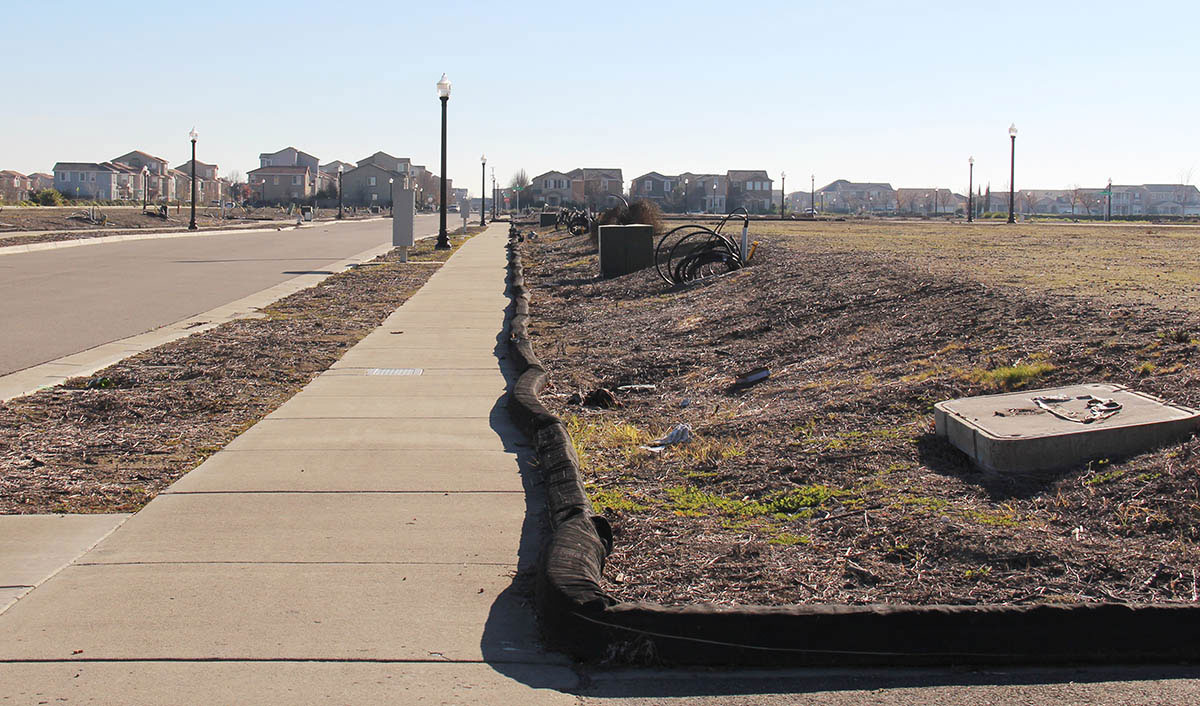
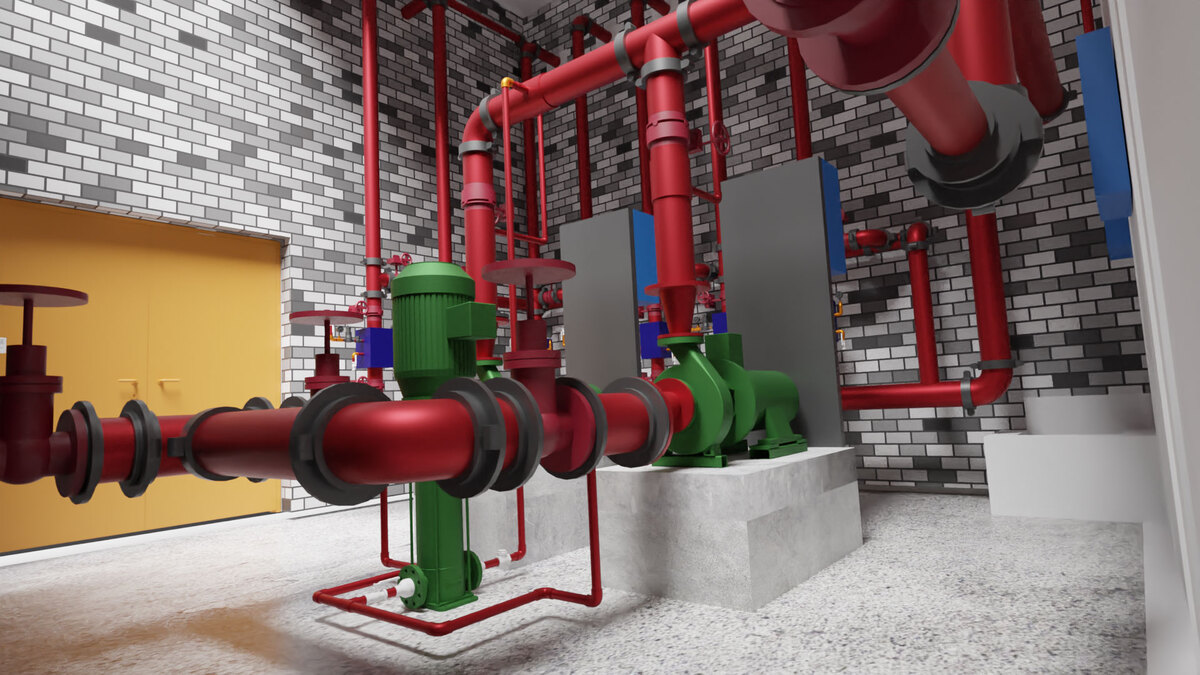
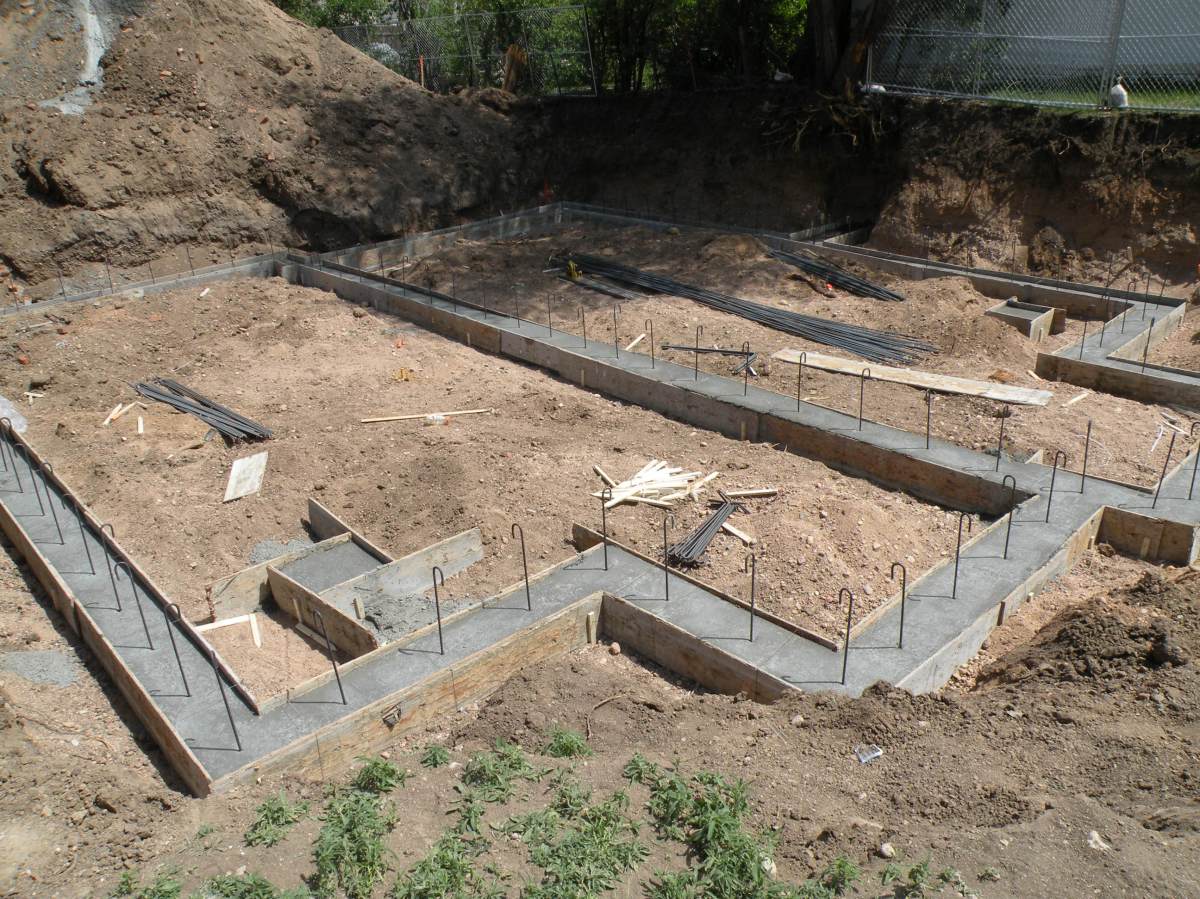
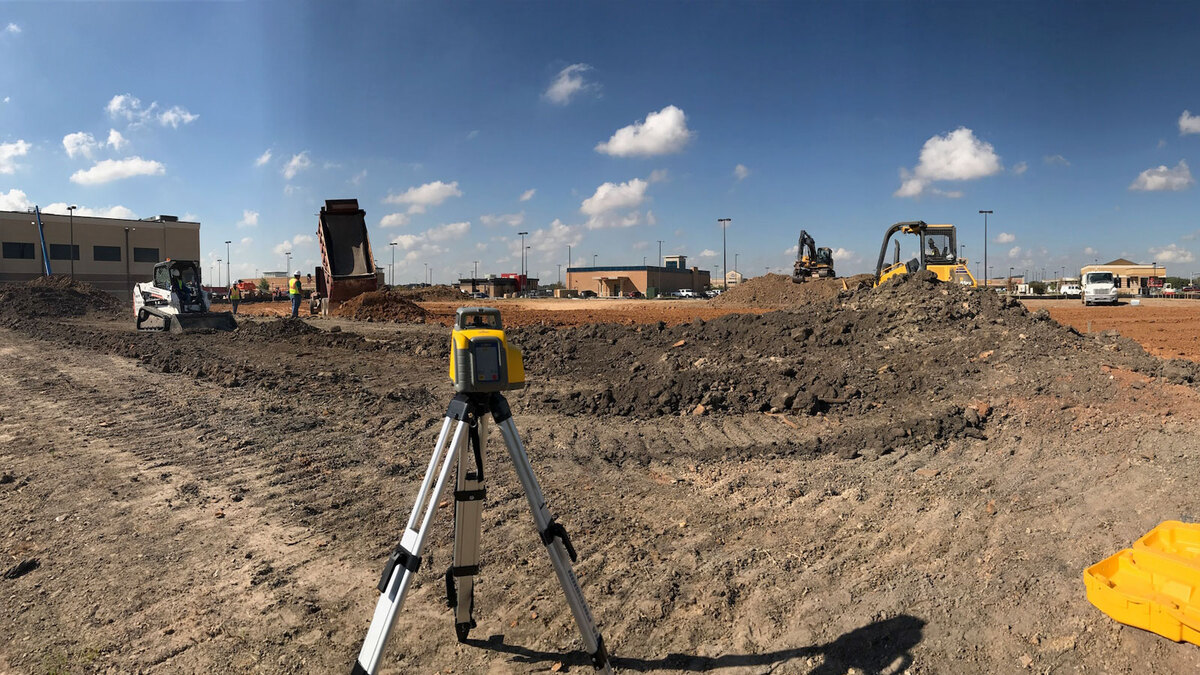

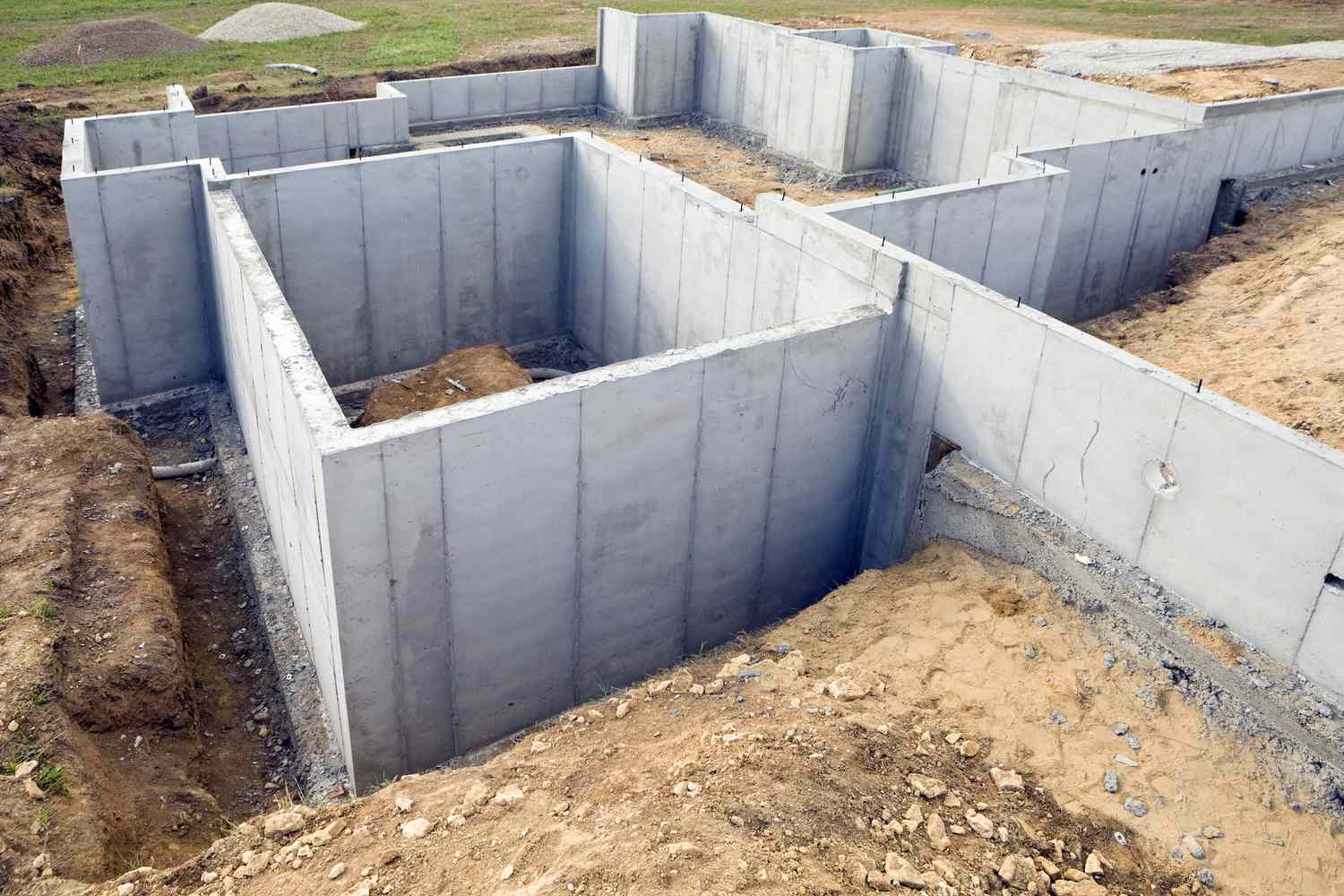
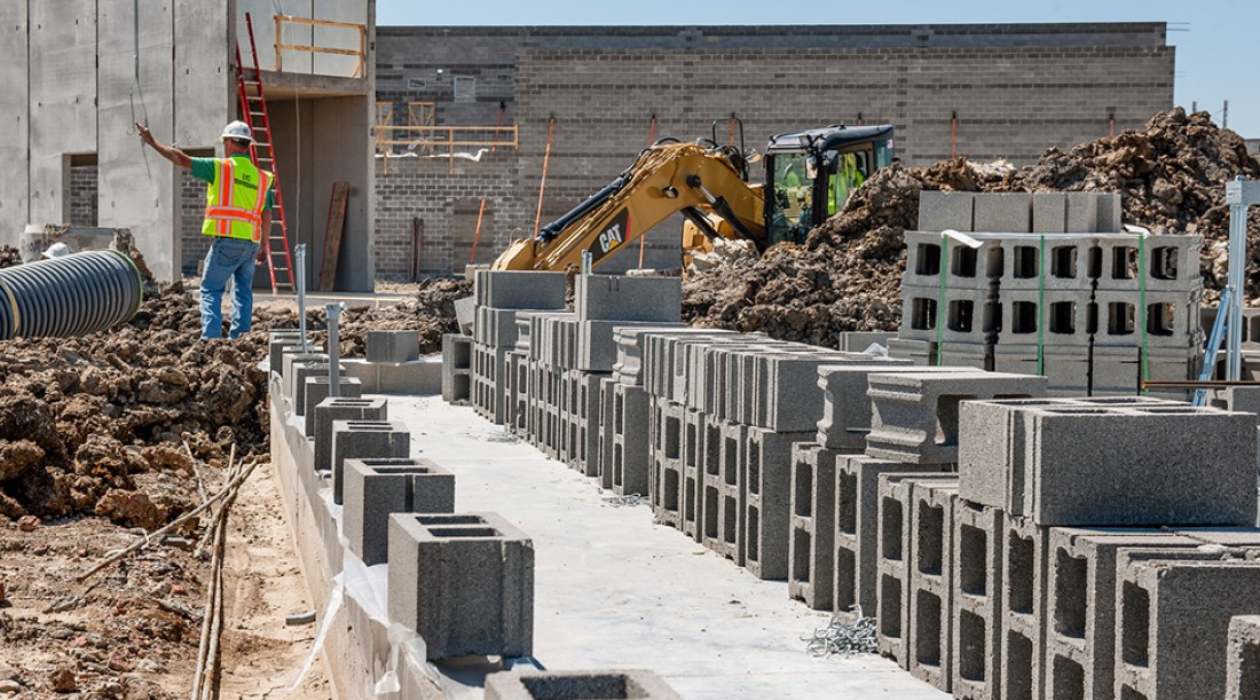







0 thoughts on “What Is An RFQ In Construction”